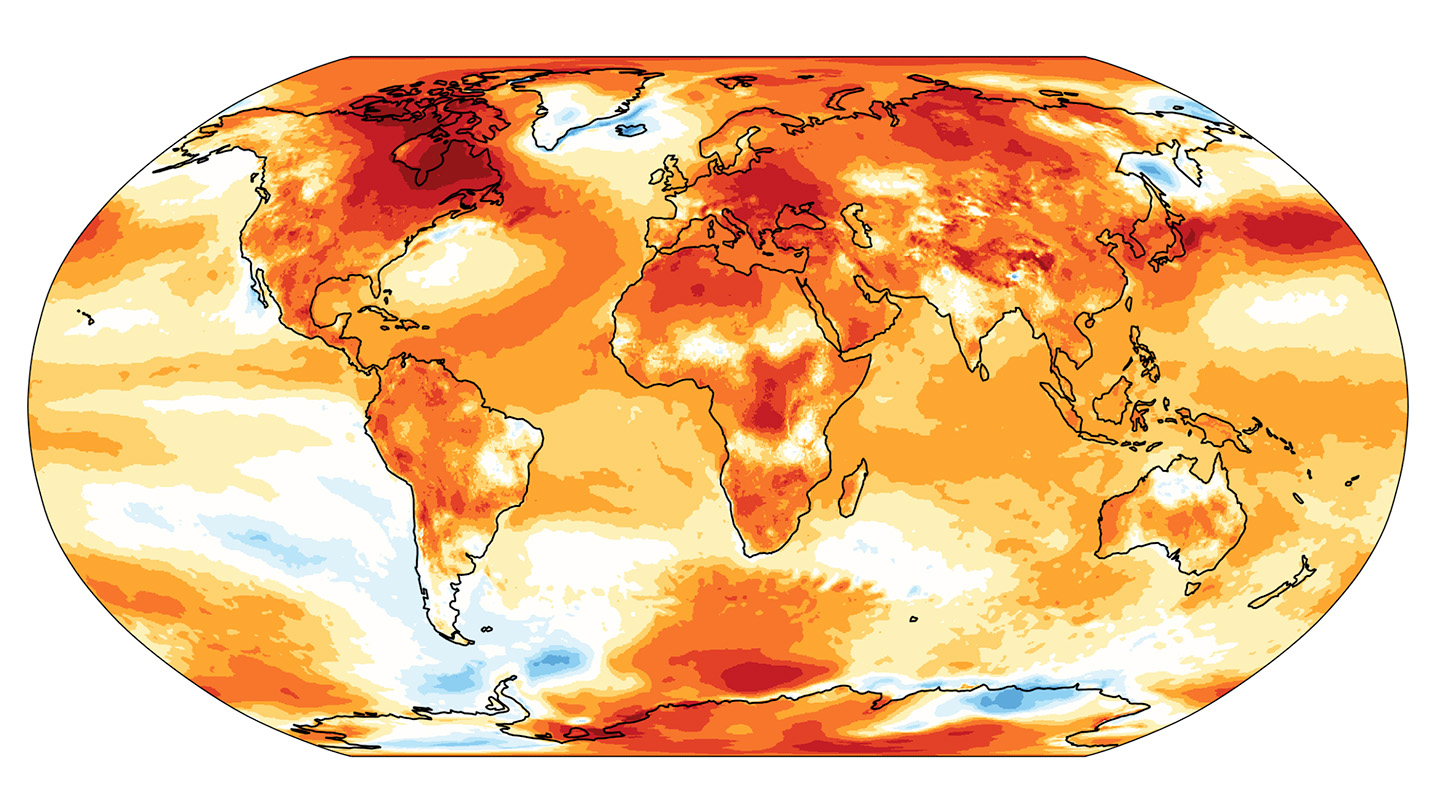2024 was Earth’s hottest year on record, passing a dangerous warming threshold
It’s official: The year 2024 was indeed the hottest on record. It was also the first year in recorded history that Earth’s average temperature was higher than 1.5 degrees Celsius above preindustrial levels.
Scientists outlined those grim milestones in a report released January 10 by the European Union’s Copernicus Climate Change Service. Multiple other global records were smashed throughout 2024, the researchers noted, including for atmospheric greenhouse gas levels, air temperatures and sea surface temperatures.
Earth’s global temperature in 2024 was 15.10° C — 1.6 degrees C higher than the average from 1850–1900, designated as the preindustrial reference period. It was also 0.72 degrees C higher than the planet’s average temperature from 1991–2020.
Going up
Global average temperatures have been on the rise since 1967, culminating in 2024’s record-breaking heat. The year was also the first on record to top 1.5 degrees Celsius above preindustrial temperatures.
July 22, 2024, was a particular outlier: The entire planet was sweltering, bringing the average global temperature to a new record high of 17.16° C (63° Fahrenheit).
The report’s finding cements what was already apparent by December: the amped-up temperatures on land and sea in 2024 were unprecedented since record-keeping began — and the heat had deadly consequences around the globe.
The planet’s rapid heat-up is already increasing the annual global tally of extreme weather events, from wildfires to drought to rapid hurricane intensification. Holding the global average temperatures to below that 1.5 degree C threshold — particularly by reducing humans’ greenhouse gas emissions — would significantly reduce the threat of those hazards, as described in detail in a 2018 special report by the Intergovernmental Panel on Climate Change.
The year 2024 wasn’t the first time Earth’s temperatures have risen above the 1.5 degree C threshold — pockets of the planet have risen above that benchmark numerous times in the last decade, for example (also the warmest 10 years on record). And 2023 came awfully close.
But 2024 was the first year the entire globe surpassed the threshold.
Source link


